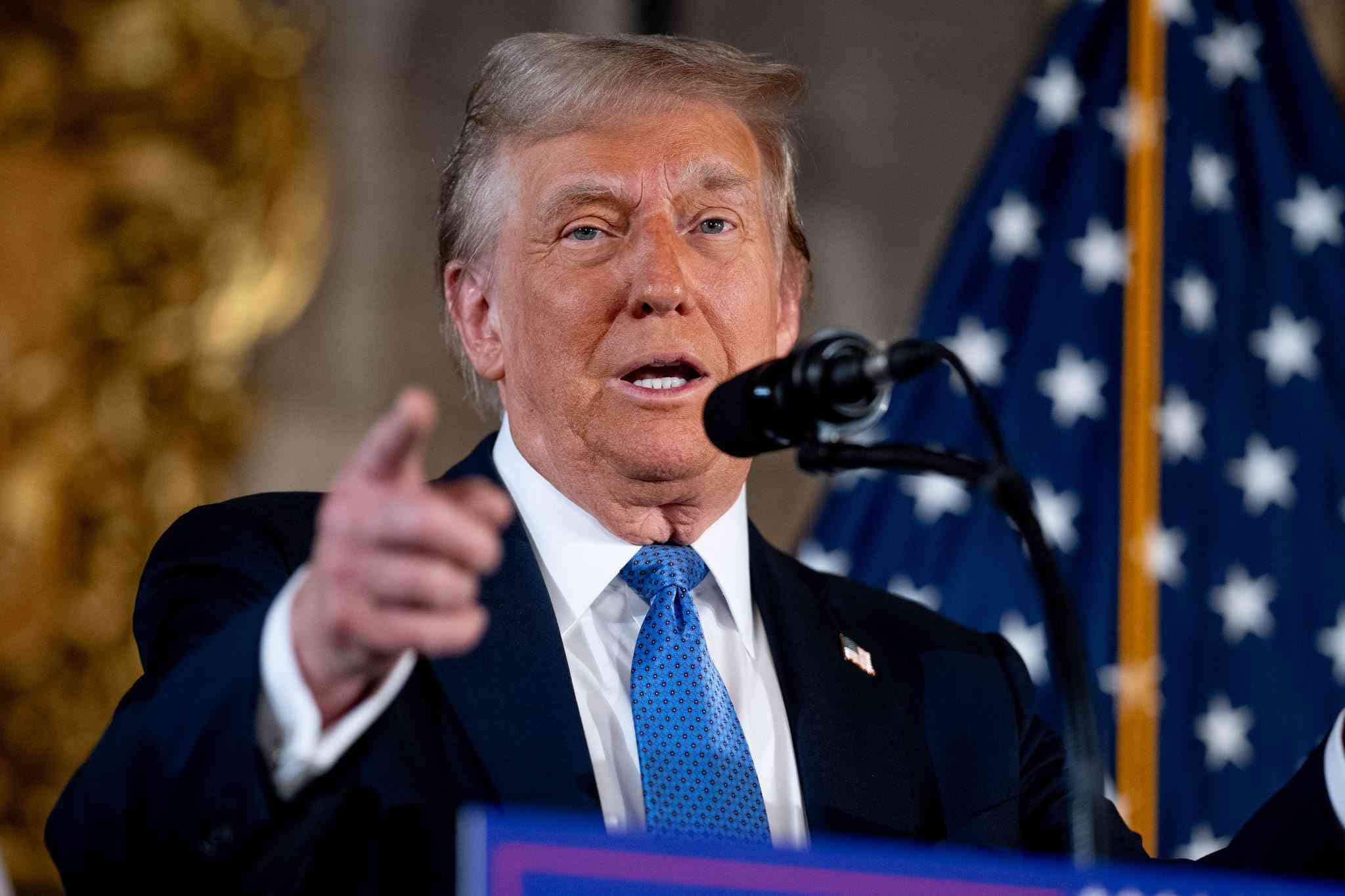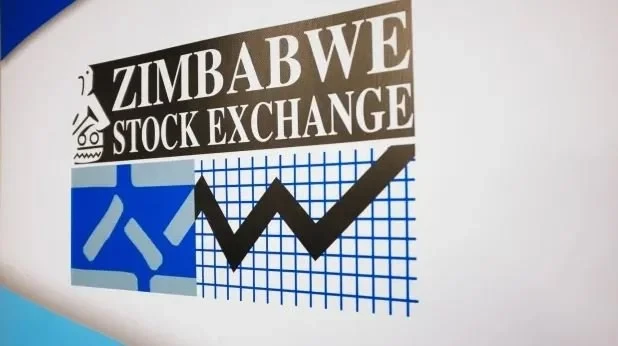
ZIMBABWE’S manufacturing sector faces an imminent threat from a new wave of cheap imports as global exporters, especially from China, redirect goods originally intended for the United States, according to a report by the Competition and Tariff Commission (CTC).
This shift follows the United States’ decision on April 2 to impose a blanket 10% base import tariff on all countries. In addition, nations with high trade barriers against US products — including Zimbabwe — were slapped with a reciprocal tariff of 18%, matching the country’s 35% tariff on US goods. Although Washington softened its stance a week later by reducing reciprocal tariffs to 10% and raising tariffs on Chinese goods to 125%, the global trade realignment is already underway.
CTC warns that the resulting market distortions may overwhelm Zimbabwe with goods from markets displaced by the US trade war.
“Markets have become globalised, entailing that once a specific market is inaccessible — in this instance, the USA — international suppliers such as China will have to source alternative markets to offload stock,” CTC noted. “Zimbabwe should anticipate its market, in the short to medium term, to be flooded by cheap exports as suppliers explore immediate options.”
The commission cautioned that local manufacturers are ill-prepared to withstand this pressure, with potential consequences, including a collapse in domestic sales, company closures, and accelerated deindustrialisation.
“Such surges will be injurious to the domestic industry through low sales volumes, company closures…,” the report warned.
While Zimbabwe’s direct exports to the US remain limited, the broader economic consequences could be far-reaching. The CTC said global supply chains — especially those involving China — are under stress, with ripple effects likely to hit emerging markets such as Zimbabwe.
“If China is affected, the ripple effects of global economic shocks will impact Zimbabwe’s economic landscape,” the commission said.
- Mavhunga puts DeMbare into Chibuku quarterfinals
- Drama around Ndebele king making a mockery of the throne
- Bulls to charge into Zimbabwe gold stocks
- Ndiraya concerned as goals dry up
Keep Reading
To cushion against these risks, CTC said the government must pursue aggressive trade diversification, promote intra-African trade under frameworks such as the African Continental Free Trade Area (AfCFTA), and shift focus to value-added exports that are more resilient to tariffs.
It said Zimbabwe must scale up gold production in anticipation of rising global prices, spurred by investor flight from volatile equity markets and the US dollar.
“Government should provide favourable incentives for gold producers and ensure adequate supply of inputs such as energy for unhindered mining operations,” CTC said.
The commission also suggested diplomatic engagement with the US to reconsider Zimbabwe’s tariff designation, citing its status as a developing economy disproportionately affected by the new trade measures. A bilateral agreement could pave the way for preferential tariffs, particularly for critical imports such as raw materials and intermediate goods.
CTC noted that Zimbabwe’s economy, which is anchored on mineral and agricultural exports, is vulnerable to global downturns. Trade tensions may suppress global demand, reduce commodity prices, and cut into the country’s export revenues.
“Potential international trade conflicts will likely have negative spillover effects on commodities and financial markets, with the potential of increasing the risk of a global economic downturn,” the report said.
The trade war may also dissuade foreign direct investment into Zimbabwe as global investors adopt a more risk averse stance. However, the report suggested this could also be an opportunity for Zimbabwe to recalibrate its investment strategy.
“This may amplify the need to intensify local beneficiation policies including mineral processing,” CTC said. “It may also encourage Zimbabwe to diversify its FDI sources and consider other countries.”











